
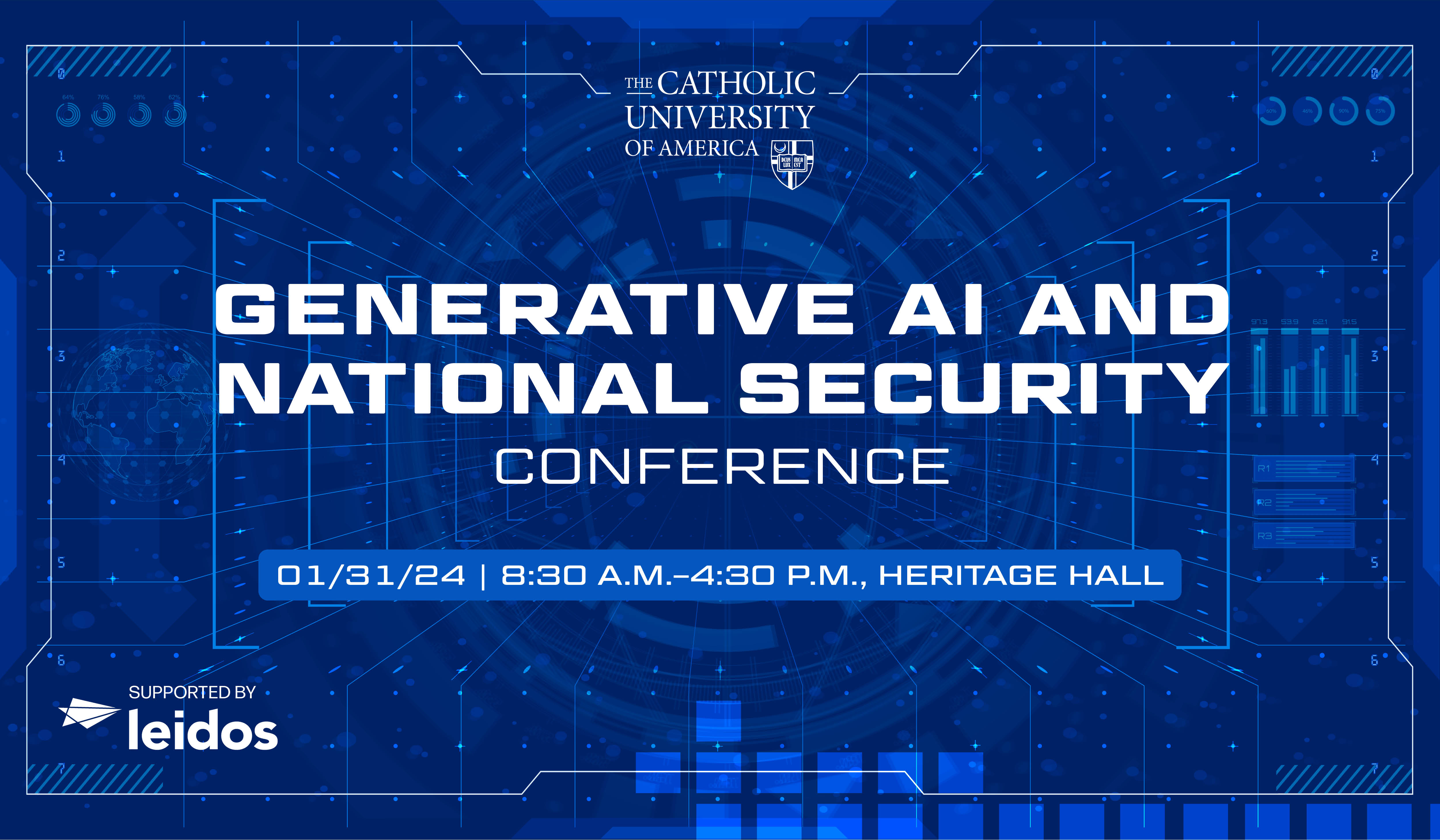
Relative to the scale of generative AI’s technical breakthroughs, the public conversation about its short and middle-term implications for America's national security has been quite fragmented. The goal of this conference is to bring together academics, policy professionals, and technologists in a one-day, cohesive conversation about the subject. The conference is aimed at policymakers, Congressional staff, think tank experts, the media, and the general public.
Ron Keesing, Senior Vice President for Technology Integration
Leidos
Thomas Boggs, AI/ML Accelerator Chief Engineer
Leidos
Capt. Xavier Lugo, Algorithmic Warfare Division Chief for Artificial Intelligence Scaffolding/Integration
Chief Digital and Artificial Intelligence Office, Department of Defense
Susama Agarwala, Associate Research Director for Trustworthy AI
Two Six Technologies
Moderator: Jonathan Askonas, Assistant Professor of Politics
The Catholic University of America
Coffee Break
Kiril Avramov, Co-director of the Global Disinformation Lab
University of Texas at Austin
Renée DiResta, Research Manager
Stanford Internet Observatory
Olga Belogolova, Director of the Emerging Technologies Initiative
Johns Hopkins School of Advanced International Studies (SAIS)
Moderator: Josh Goldstein, Research Fellow
Center for Security and Emerging Technology, Georgetown University
Lunch (12 – 12:30 p.m.)
Mark Stewart, Director of National Security for U.S. Government Affairs
Microsoft
Emelia Probasco, Senior Fellow, Center for Security and Emerging Technology
Georgetown University
Mundy Reimer, Principal Investigator of the Generative AI for Explainability project, and R&D Scientist
Leidos Dynetics
Tyler Sweatt, CEO
Second Front Systems
Moderator: Jonathan Askonas, Assistant Professor of Politics
The Catholic University of America
Coffee Break
Jeff Alstott, Senior Information Scientist and Professor of Policy Analysis
RAND Corporation, Pardee RAND Graduate School
Joe Chapa, Chief Responsible Ethics Officer
United States Air Force
Mark Beall, CEO & Co-Founder
Gladstone AI
Tifani O’Brien, Vice President, AI/ML Accelerator Lead
Leidos
Moderator: Samuel Hammond, Senior Economist
Foundation for American Innovation

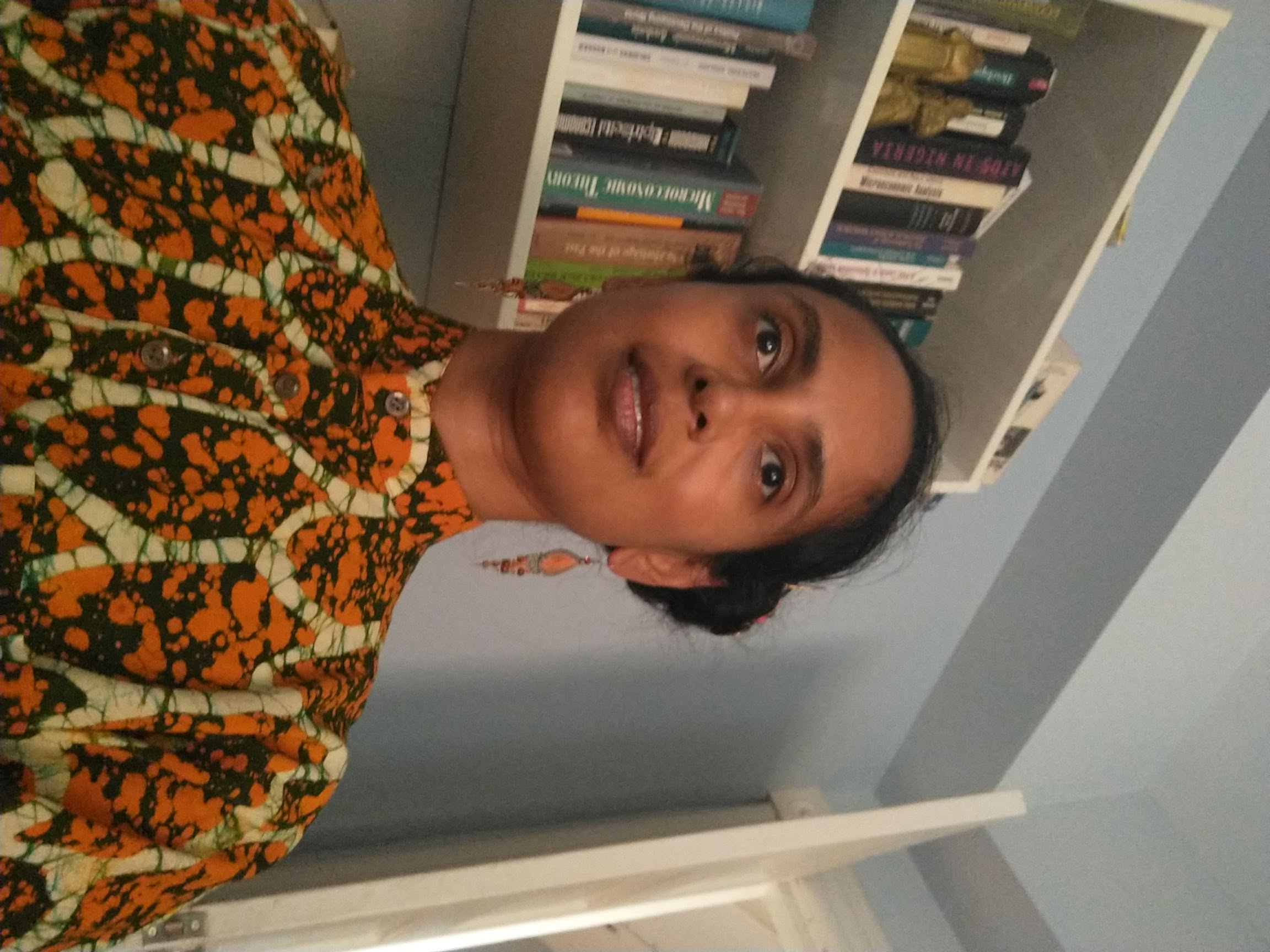 Susama Agarwala, Ph.D., serves as associate research director for Trustworthy AI at Two Six Technologies. She leads a team that delivers neuro-symbolic learning solutions across multiple projects, to include the KETALOG program. Dr. Agarwala has nine years of post-Ph.D. mathematics faculty experience at Caltech, the University of Nottingham, and the United States Naval Academy and has held research positions in the mathematics and physics departments at Oxford University and the University of Hamburg. She also has five years of experience as a data scientist, serving as a performer for DARPA, the Center for Disease Control, and the Social Security Administration, and as an AI fairness researcher. She has more than 25 publications in mathematics, physics, computer science, and AI.
Susama Agarwala, Ph.D., serves as associate research director for Trustworthy AI at Two Six Technologies. She leads a team that delivers neuro-symbolic learning solutions across multiple projects, to include the KETALOG program. Dr. Agarwala has nine years of post-Ph.D. mathematics faculty experience at Caltech, the University of Nottingham, and the United States Naval Academy and has held research positions in the mathematics and physics departments at Oxford University and the University of Hamburg. She also has five years of experience as a data scientist, serving as a performer for DARPA, the Center for Disease Control, and the Social Security Administration, and as an AI fairness researcher. She has more than 25 publications in mathematics, physics, computer science, and AI.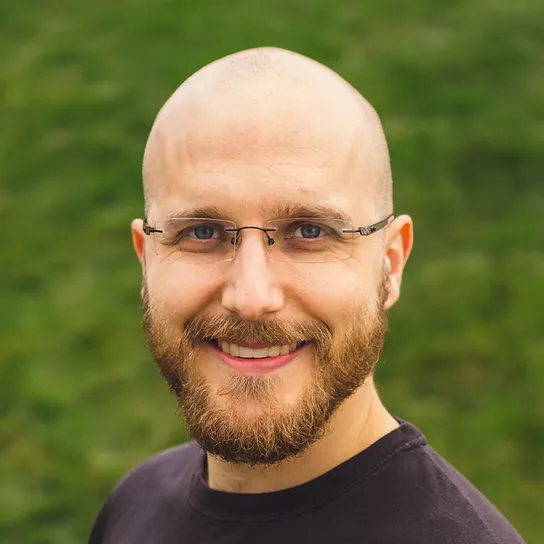 Jeff Alstott is a senior information scientist at RAND, an expert at the National Science Foundation, and a professor of policy analysis at the Pardee RAND Graduate School. His government service includes time at the White House as assistant director for technology competition and risks at the Office of Science and Technology Policy and director for technology and national security at the National Security Council, as well as time in the intelligence community as a program manager at IARPA, with a portfolio that included artificial intelligence, analytic methods, biosecurity, and science and technology forecasting. He has worked in academia for the Massachusetts Institute of Technology, Singapore University of Technology and Design, the World Bank, and the University of Chicago. Dr. Alstott obtained his doctorate studying complex networks at the University of Cambridge and his M.B.A. and Bachelor's degrees from Indiana University. His published research covers animal behavior, computational neuroscience, complex networks, design science, statistical methods, and science and technology forecasting.
Jeff Alstott is a senior information scientist at RAND, an expert at the National Science Foundation, and a professor of policy analysis at the Pardee RAND Graduate School. His government service includes time at the White House as assistant director for technology competition and risks at the Office of Science and Technology Policy and director for technology and national security at the National Security Council, as well as time in the intelligence community as a program manager at IARPA, with a portfolio that included artificial intelligence, analytic methods, biosecurity, and science and technology forecasting. He has worked in academia for the Massachusetts Institute of Technology, Singapore University of Technology and Design, the World Bank, and the University of Chicago. Dr. Alstott obtained his doctorate studying complex networks at the University of Cambridge and his M.B.A. and Bachelor's degrees from Indiana University. His published research covers animal behavior, computational neuroscience, complex networks, design science, statistical methods, and science and technology forecasting.
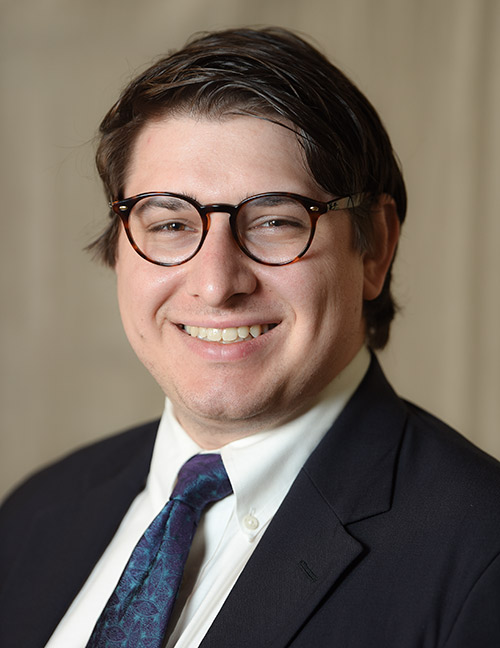 Jon Askonas, Ph.D., is an assistant professor of politics at The Catholic University of America, where he works on the connections between the republican tradition, technology, and national security. He is currently working on two books: A Muse of Fire: Why the U.S. Military Forgets What It Learns in War, on what happens to wartime innovations when the war is over, and The Shot in the Dark: A History of the U.S. Army Asymmetric Warfare Group, the first comprehensive overview of a unit that helped the Army adapt to the post 9/11 era of counterinsurgency and global power competition. His writing has appeared in Russian Analytical Digest, Triple Helix, The New Atlantis, Fare Forward, War on the Rocks, and the Texas National Security Review.
Jon Askonas, Ph.D., is an assistant professor of politics at The Catholic University of America, where he works on the connections between the republican tradition, technology, and national security. He is currently working on two books: A Muse of Fire: Why the U.S. Military Forgets What It Learns in War, on what happens to wartime innovations when the war is over, and The Shot in the Dark: A History of the U.S. Army Asymmetric Warfare Group, the first comprehensive overview of a unit that helped the Army adapt to the post 9/11 era of counterinsurgency and global power competition. His writing has appeared in Russian Analytical Digest, Triple Helix, The New Atlantis, Fare Forward, War on the Rocks, and the Texas National Security Review.
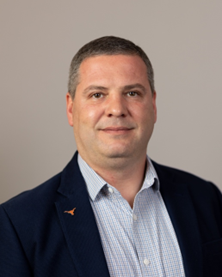 Kiril Avramov, Ph.D., is an assistant professor in the Department of Slavic & Eurasian Studies and a Fellow of the Intelligence Studies Project at the University of Texas at Austin. He holds courtesy appointments in the Department of Government and the LBJ School of Public Affairs at the University of Texas at Austin. He is also the co-director of the Global Disinformation Lab. Previously, he was the acting vice-rector for International Relations and Research at the New Bulgarian University (NBU) in Sofia, Bulgaria, and an assistant professor of political science at NBU.
Kiril Avramov, Ph.D., is an assistant professor in the Department of Slavic & Eurasian Studies and a Fellow of the Intelligence Studies Project at the University of Texas at Austin. He holds courtesy appointments in the Department of Government and the LBJ School of Public Affairs at the University of Texas at Austin. He is also the co-director of the Global Disinformation Lab. Previously, he was the acting vice-rector for International Relations and Research at the New Bulgarian University (NBU) in Sofia, Bulgaria, and an assistant professor of political science at NBU.
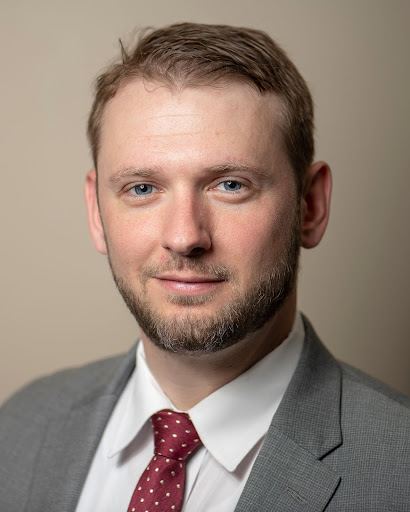 Mark Beall is the chief executive officer and co-founder of Gladstone AI. Prior to co-founding Gladstone, Mark was a senior program manager at Amazon Web Services, where he managed a platform to facilitate defense industrial base use of AWS classified cloud capabilities. Before AWS, Mark had a number of senior positions in national security policy. He helped establish the Department of Defense Joint AI Center and led its Strategy and Policy Directorate, served as a special advisor to the 17th Chairman of the Joint Chiefs of Staff, and served in a variety of positions in the Office of the Secretary of Defense for Policy.
Mark Beall is the chief executive officer and co-founder of Gladstone AI. Prior to co-founding Gladstone, Mark was a senior program manager at Amazon Web Services, where he managed a platform to facilitate defense industrial base use of AWS classified cloud capabilities. Before AWS, Mark had a number of senior positions in national security policy. He helped establish the Department of Defense Joint AI Center and led its Strategy and Policy Directorate, served as a special advisor to the 17th Chairman of the Joint Chiefs of Staff, and served in a variety of positions in the Office of the Secretary of Defense for Policy.
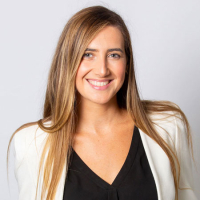 Olga Belogolova is the director of the Emerging Technologies Initiative at the Johns Hopkins School of Advanced International Studies (SAIS). She is also a lecturer at the Alperovitch Institute for Cybersecurity Studies at SAIS, where she teaches a course on disinformation and influence in the digital age. At Facebook/Meta, she led policy for countering influence operations, directing execution and development of policies on coordinated inauthentic behavior, state media capture, and hack-and-leaks within the Trust and Safety team. Prior to that, she led threat intelligence work on Russia and Eastern Europe at Facebook, identifying, tracking, and disrupting coordinated IO campaigns, and in particular, the Internet Research Agency investigations between 2017 and 2019. Olga previously worked as a journalist, and her work has appeared in The Atlantic, National Journal, Inside Defense, and The Globe and Mail, among others. She is a fellow with the Truman National Security Project and serves on the review board for CYBERWARCON.
Olga Belogolova is the director of the Emerging Technologies Initiative at the Johns Hopkins School of Advanced International Studies (SAIS). She is also a lecturer at the Alperovitch Institute for Cybersecurity Studies at SAIS, where she teaches a course on disinformation and influence in the digital age. At Facebook/Meta, she led policy for countering influence operations, directing execution and development of policies on coordinated inauthentic behavior, state media capture, and hack-and-leaks within the Trust and Safety team. Prior to that, she led threat intelligence work on Russia and Eastern Europe at Facebook, identifying, tracking, and disrupting coordinated IO campaigns, and in particular, the Internet Research Agency investigations between 2017 and 2019. Olga previously worked as a journalist, and her work has appeared in The Atlantic, National Journal, Inside Defense, and The Globe and Mail, among others. She is a fellow with the Truman National Security Project and serves on the review board for CYBERWARCON.
 Thomas Boggs, Ph.D., is the chief AI architect for the Leidos AI/ML Accelerator, where he provides oversight on strategic AI-related R&D efforts. His work focuses on the development, assessment, and deployment of Deep Learning capabilities into production environments. His professional background includes more than 20 years of experience in AI/ML, modeling and simulation, and remote sensing for government, U.S. Department of Defense, and intelligence community customers. He received a Ph.D. in computational sciences and informatics and a Master’s degree in applied physics from George Mason University. He received a Master’s degree in civil engineering and Bachelor’s degrees in philosophy and physics from Virginia Tech.
Thomas Boggs, Ph.D., is the chief AI architect for the Leidos AI/ML Accelerator, where he provides oversight on strategic AI-related R&D efforts. His work focuses on the development, assessment, and deployment of Deep Learning capabilities into production environments. His professional background includes more than 20 years of experience in AI/ML, modeling and simulation, and remote sensing for government, U.S. Department of Defense, and intelligence community customers. He received a Ph.D. in computational sciences and informatics and a Master’s degree in applied physics from George Mason University. He received a Master’s degree in civil engineering and Bachelor’s degrees in philosophy and physics from Virginia Tech.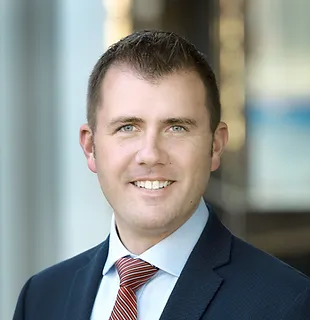 Joseph Chapa, Ph.D., is a lieutenant colonel in the U.S. Air Force and holds a Ph.D. (D.Phil) in philosophy from the University of Oxford. His areas of expertise include just war theory, military ethics, and especially the ethics of remote and autonomous weapons. His doctoral research investigates an individual rights-based account of just war theory.
Joseph Chapa, Ph.D., is a lieutenant colonel in the U.S. Air Force and holds a Ph.D. (D.Phil) in philosophy from the University of Oxford. His areas of expertise include just war theory, military ethics, and especially the ethics of remote and autonomous weapons. His doctoral research investigates an individual rights-based account of just war theory.
He is a senior pilot with more than 1,400 pilot and instructor pilot hours, many of which were flown in support of major U.S. combat and humanitarian operations. He currently serves as the team lead on the Air Staff’s Artificial Intelligence Cross-Functional Team
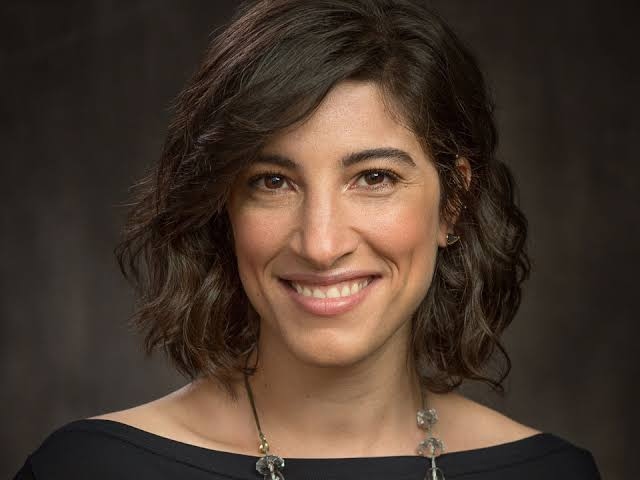 Renée DiResta is the research manager at the Stanford Internet Observatory. She investigates the spread of malign narratives across social networks and assists policymakers in understanding and responding to the problem. She has advised Congress, the State Department, and other academic, civic, and business organizations, and has studied disinformation and computational propaganda in the context of pseudoscience conspiracies, terrorism, and state-sponsored information warfare.
Renée DiResta is the research manager at the Stanford Internet Observatory. She investigates the spread of malign narratives across social networks and assists policymakers in understanding and responding to the problem. She has advised Congress, the State Department, and other academic, civic, and business organizations, and has studied disinformation and computational propaganda in the context of pseudoscience conspiracies, terrorism, and state-sponsored information warfare.
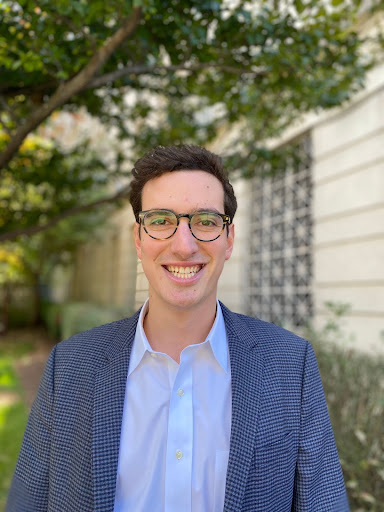 Josh A. Goldstein, Ph.D., is a research fellow at Georgetown’s Center for Security and Emerging Technology (CSET), where he works on the CyberAI Project. Prior to joining CSET, he was a pre- and postdoctoral fellow at the Stanford Internet Observatory. His research has included investigating covert influence operations on social media platforms, studying the effects of foreign interference on democratic societies, and exploring how emerging technologies will impact the future of propaganda campaigns.
Josh A. Goldstein, Ph.D., is a research fellow at Georgetown’s Center for Security and Emerging Technology (CSET), where he works on the CyberAI Project. Prior to joining CSET, he was a pre- and postdoctoral fellow at the Stanford Internet Observatory. His research has included investigating covert influence operations on social media platforms, studying the effects of foreign interference on democratic societies, and exploring how emerging technologies will impact the future of propaganda campaigns.
He holds an M.Phil and D.Phil in international relations from the University of Oxford, where he studied as a Clarendon Scholar, and a Bachelor of Arts degree in government from Harvard College.
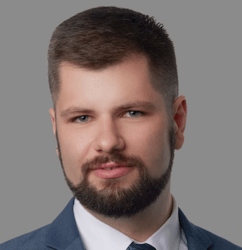 Samuel Hammond is senior economist at the Foundation for American Innovation, where his research focuses on innovation and science policy and the institutional impact of disruptive technologies. He previously worked as the director of social policy for the Niskanen Center, where he remains a senior fellow; as an economist for the Government of Canada, specializing in regional economic development; and as a graduate research fellow for the Mercatus Center at George Mason University. Sam received a Bachelor of Arts in economics from Saint Mary’s University and Master of Arts degrees in economics from George Mason University and Carleton University.
Samuel Hammond is senior economist at the Foundation for American Innovation, where his research focuses on innovation and science policy and the institutional impact of disruptive technologies. He previously worked as the director of social policy for the Niskanen Center, where he remains a senior fellow; as an economist for the Government of Canada, specializing in regional economic development; and as a graduate research fellow for the Mercatus Center at George Mason University. Sam received a Bachelor of Arts in economics from Saint Mary’s University and Master of Arts degrees in economics from George Mason University and Carleton University.
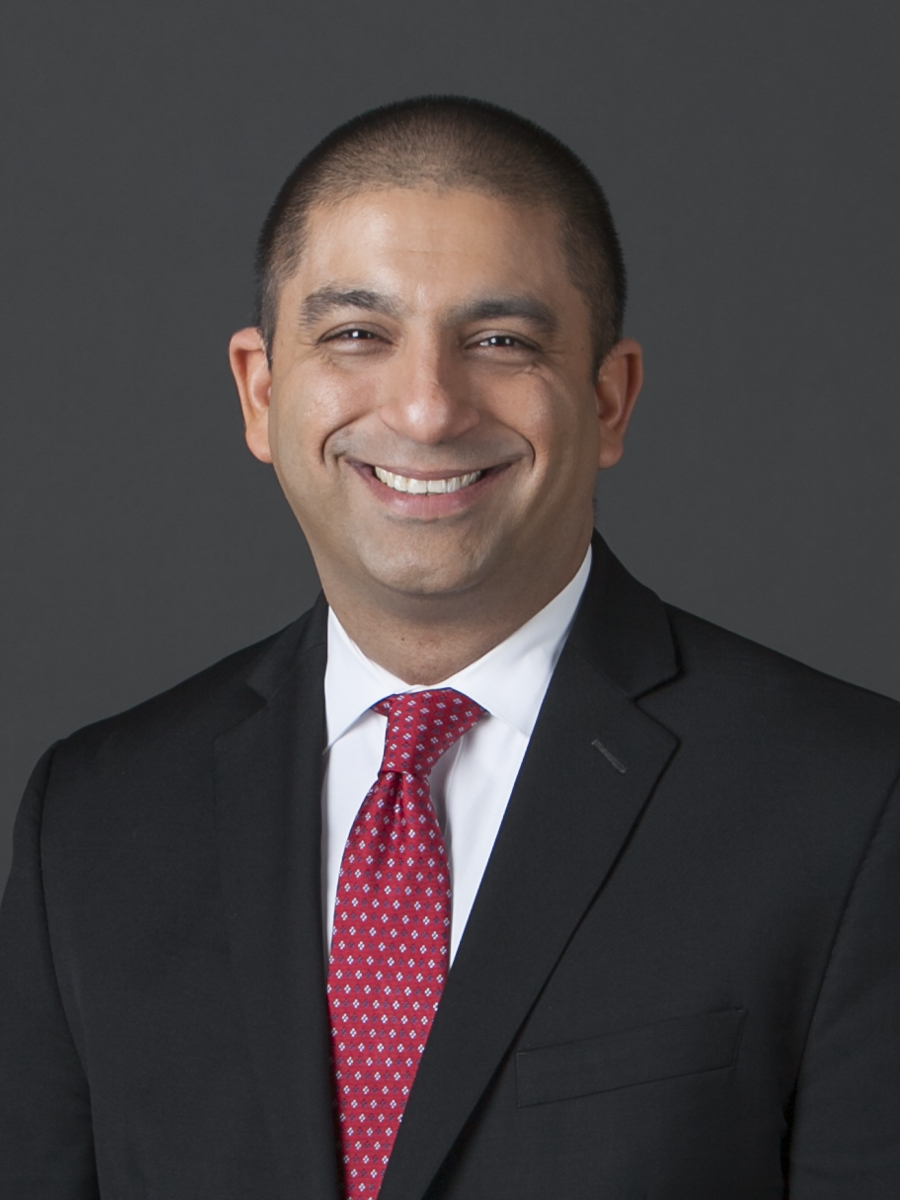 Jamil N. Jaffer currently serves as founder & executive director of the National Security Institute and the NSI Cyber and Tech Center and as an assistant professor of law and director of the National Security Law & Policy and Cyber, Intelligence and National Security Programs at the Antonin Scalia Law School at George Mason University. Jamil is also a venture partner at Paladin Capital Group, a leading global multi-stage investor that identifies, supports and invests in innovative companies that develop promising, early-stage technologies to address the critical cyber and advanced technological needs of both commercial and government customers. Among other things, Jamil previously served as chief counsel & senior advisor to the Senate Foreign Relations Committee, senior counsel to the House Intelligence Committee, associate counsel to President George W. Bush in the White House, and counsel to the Assistant Attorney General for National Security in the U.S. Department of Justice. Jamil is a graduate of UCLA, the University of Chicago Law School, and the United States Naval War College.
Jamil N. Jaffer currently serves as founder & executive director of the National Security Institute and the NSI Cyber and Tech Center and as an assistant professor of law and director of the National Security Law & Policy and Cyber, Intelligence and National Security Programs at the Antonin Scalia Law School at George Mason University. Jamil is also a venture partner at Paladin Capital Group, a leading global multi-stage investor that identifies, supports and invests in innovative companies that develop promising, early-stage technologies to address the critical cyber and advanced technological needs of both commercial and government customers. Among other things, Jamil previously served as chief counsel & senior advisor to the Senate Foreign Relations Committee, senior counsel to the House Intelligence Committee, associate counsel to President George W. Bush in the White House, and counsel to the Assistant Attorney General for National Security in the U.S. Department of Justice. Jamil is a graduate of UCLA, the University of Chicago Law School, and the United States Naval War College.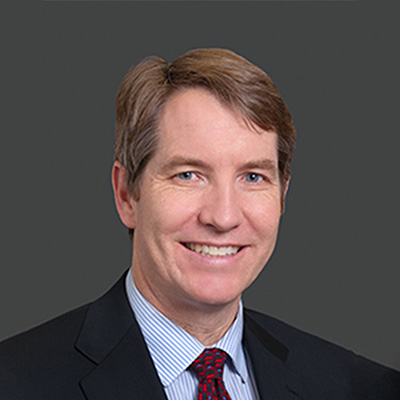 Ron Keesing is the senior vice president for technology integration at Leidos, where he is responsible for the development and delivery of advanced technology aligned with enterprise strategy in AI and ML, cybersecurity, software, and digital modernization.
Ron Keesing is the senior vice president for technology integration at Leidos, where he is responsible for the development and delivery of advanced technology aligned with enterprise strategy in AI and ML, cybersecurity, software, and digital modernization.
Ron has been conducting and directing research and development and technology transition for more than 25 years. He has done pioneering work on research programs addressing many of the nation’s toughest problems, from forecasting complex events like cyber threats and political instability from sparse data to discovering new potential cancer treatments by extracting and aligning knowledge embedded within massive datasets and research publications to creating the first generation of autonomous systems for spacecraft command and control. He has led the successful transition of many research technologies into operational programs within the U.S. Department of Defense and the intelligence community. He is a Leidos Technical Fellow and author of papers and patents in diverse subfields of computer science and artificial intelligence. He serves in an advisory capacity for external organizations, including the Center for New American Security, where he is a member of the Task Force on Artificial Intelligence and National Security. His current research is focused on methods to improve resilience, security, assurance, and user trust in AI and ML.
Ron holds Bachelor of Science and Master of Science degrees from Stanford University and an M.B.A. from the University of Maryland.
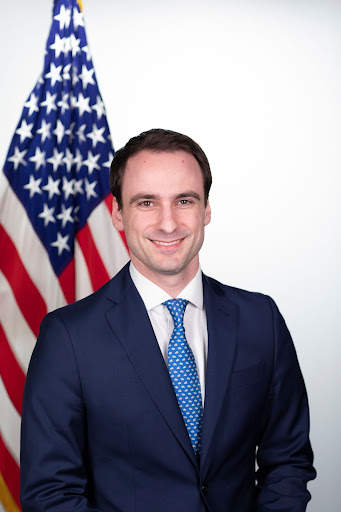 Michael Kratsios served as the fourth chief technology officer of the United States at the White House and under secretary of defense for research and engineering at the Pentagon. Under his leadership, the White House reoriented U.S. national technology policy toward an explicit primary focus on ensuring continued American leadership in emerging technologies. He is currently the managing director at scale AI, leading corporate strategy and accelerating AI applications across industries. Mr. Kratsios was unanimously confirmed by the U.S. Senate and is the youngest under secretary of defense in history.
Michael Kratsios served as the fourth chief technology officer of the United States at the White House and under secretary of defense for research and engineering at the Pentagon. Under his leadership, the White House reoriented U.S. national technology policy toward an explicit primary focus on ensuring continued American leadership in emerging technologies. He is currently the managing director at scale AI, leading corporate strategy and accelerating AI applications across industries. Mr. Kratsios was unanimously confirmed by the U.S. Senate and is the youngest under secretary of defense in history.
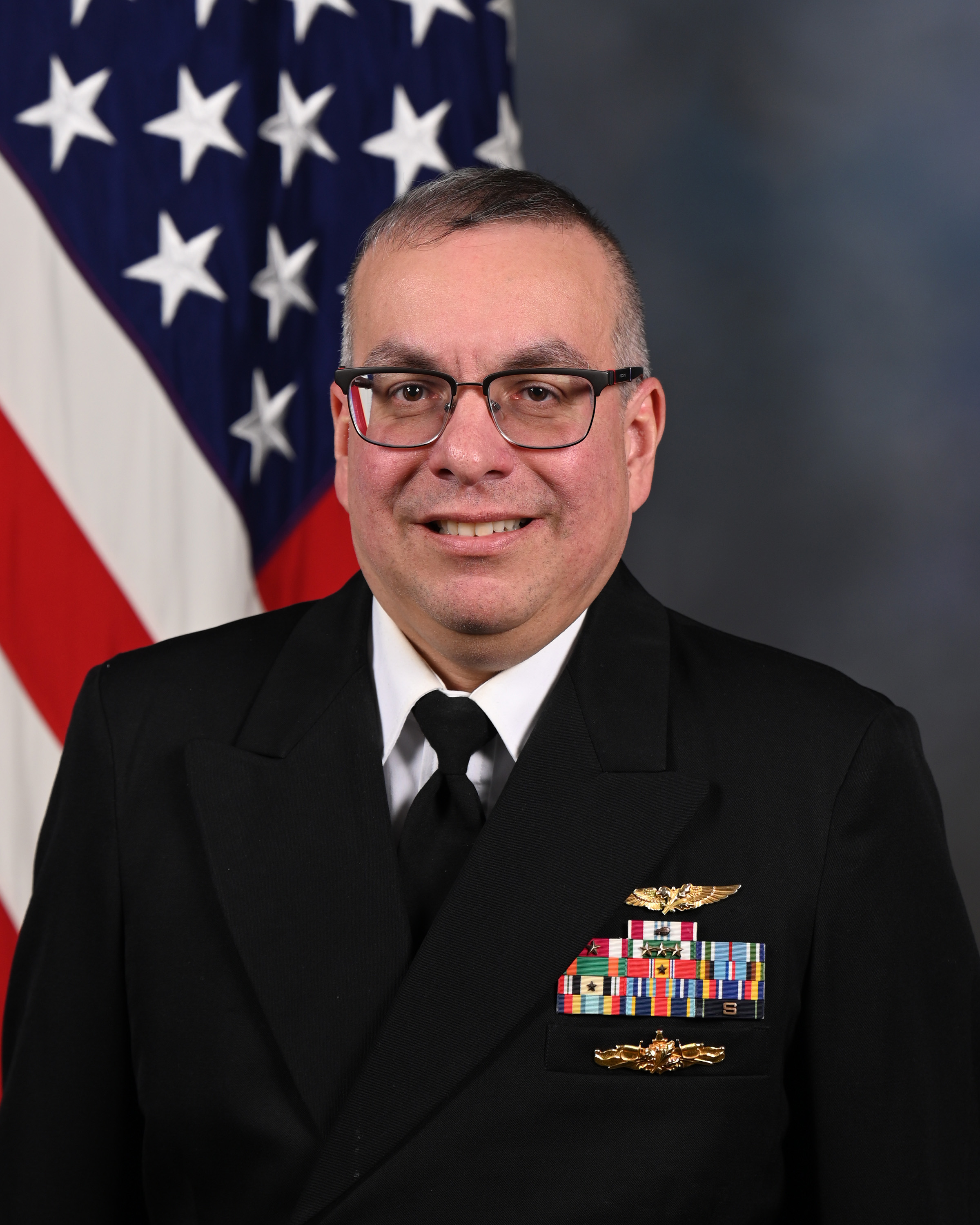 Captain Xavier Lugo assumed his current position in March 2022.
Captain Xavier Lugo assumed his current position in March 2022.
A supply officer with 28 years of active duty service, Capt. Lugo holds a Master of Science degree in operations research from the Naval Postgraduate School, and a Bachelor of Science degree in mechanical engineering from the Georgia Institute of Technology. He is also an Executive Program graduate from Tuck at Dartmouth. Prior to serving at CDAO, he led OPNAV N414, and he served as N4 (Plank Owner) for the US SECOND FLEET.
In addition to US SECOND FLEET, his operational assignments include having served as supply officer onboard USS ABRAHAM LINCOLN (CVN-72), Norfolk, Va.A; S1/S8 officer onboard the USS JOHN F KENNEDY (CV-67), Mayport, Fla.; and as supply officer onboard the USS CUSHING (DD-985), Yokosuka, Japan. He also deployed to Iraq as the Defense Logistics Agency’s (DLA) forward operations officer.
Staff and ashore assignments include instructor at Supply Corps School, senior analyst at DLA HQ, director of operations research at NAVSUP Weapon Systems Support Command, and readiness officer for United States Fleet Forces Command, Code N41.
Capt. Lugo’s awards include the Legion of Merit (two awards), the Defense Meritorious Service Medals (two awards), the meritorious service medal (three awards), the Navy Commendation Medal (four awards), the Joint Service Achievement Medal, the Navy Achievement Medal, the Defense Service medal (two awards), and several other personal medals and unit commendations.
Capt. Lugo is a native of Mayaguez, Puerto Rico. He enlisted in the Navy in 1995 as part of the Bachelor Degree Completion Program [NFO] while attending Georgia Tech, and received his commission in 1996 via the Officer Candidate School in Pensacola, Fla.
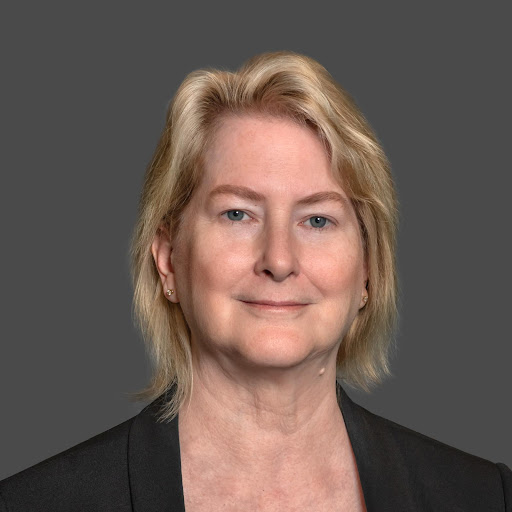 Tifani O’Brien is vice president and director of the artificial intelligence and machine learning accelerator for Leidos. In this role she is responsible for developing and implementing all aspects of AI and ML strategy, including the evaluation of emerging technology and the selection and execution of investments in R&D. She leads a team of 70+ AI and ML researchers and data scientists developing solutions for customers and partners and the Leidos community of AI/ML practitioners.
Tifani O’Brien is vice president and director of the artificial intelligence and machine learning accelerator for Leidos. In this role she is responsible for developing and implementing all aspects of AI and ML strategy, including the evaluation of emerging technology and the selection and execution of investments in R&D. She leads a team of 70+ AI and ML researchers and data scientists developing solutions for customers and partners and the Leidos community of AI/ML practitioners.
Ms. O’Brien has been leading research and development in AI, ML, and related technologies for more than 25 years. She has served as a principal investigator and program manager on programs for DARPA, IARPA, DTRA, and the intelligence community, addressing many of the nation’s hardest problems.
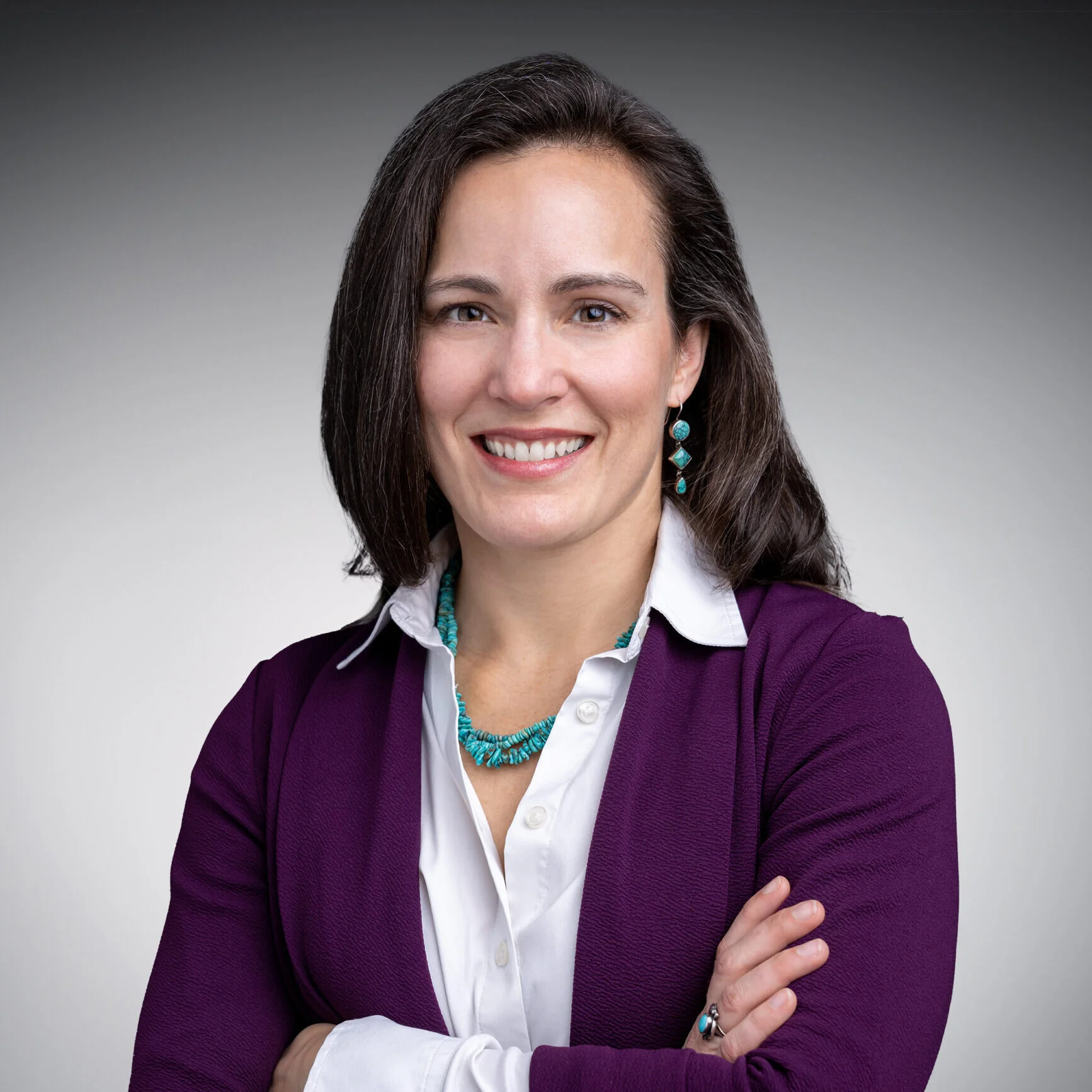 Emelia (Emmy) Probasco is a senior fellow at Georgetown’s Center for Security and Emerging Technology (CSET), where she works on the military applications of artificial intelligence. Prior to joining CSET, she was the chief communications officer and communications department head at the Johns Hopkins Applied Physics Laboratory (APL), leading technical and institutional communications to support and drive APL’s strategic vision. Prior to APL, Emmy served as a surface warfare officer in the U.S. Navy, deploying twice to the Indo-Pacific. She also served in the Pentagon as the speechwriter to the chief of naval operations and at the U.S. Naval Academy as an instructor in political science. She has Master’s degrees in forced migration and economic and social history from Oxford University, where she studied as a Rhodes Scholar, and a degree in political science from the U.S. Naval Academy.
Emelia (Emmy) Probasco is a senior fellow at Georgetown’s Center for Security and Emerging Technology (CSET), where she works on the military applications of artificial intelligence. Prior to joining CSET, she was the chief communications officer and communications department head at the Johns Hopkins Applied Physics Laboratory (APL), leading technical and institutional communications to support and drive APL’s strategic vision. Prior to APL, Emmy served as a surface warfare officer in the U.S. Navy, deploying twice to the Indo-Pacific. She also served in the Pentagon as the speechwriter to the chief of naval operations and at the U.S. Naval Academy as an instructor in political science. She has Master’s degrees in forced migration and economic and social history from Oxford University, where she studied as a Rhodes Scholar, and a degree in political science from the U.S. Naval Academy.
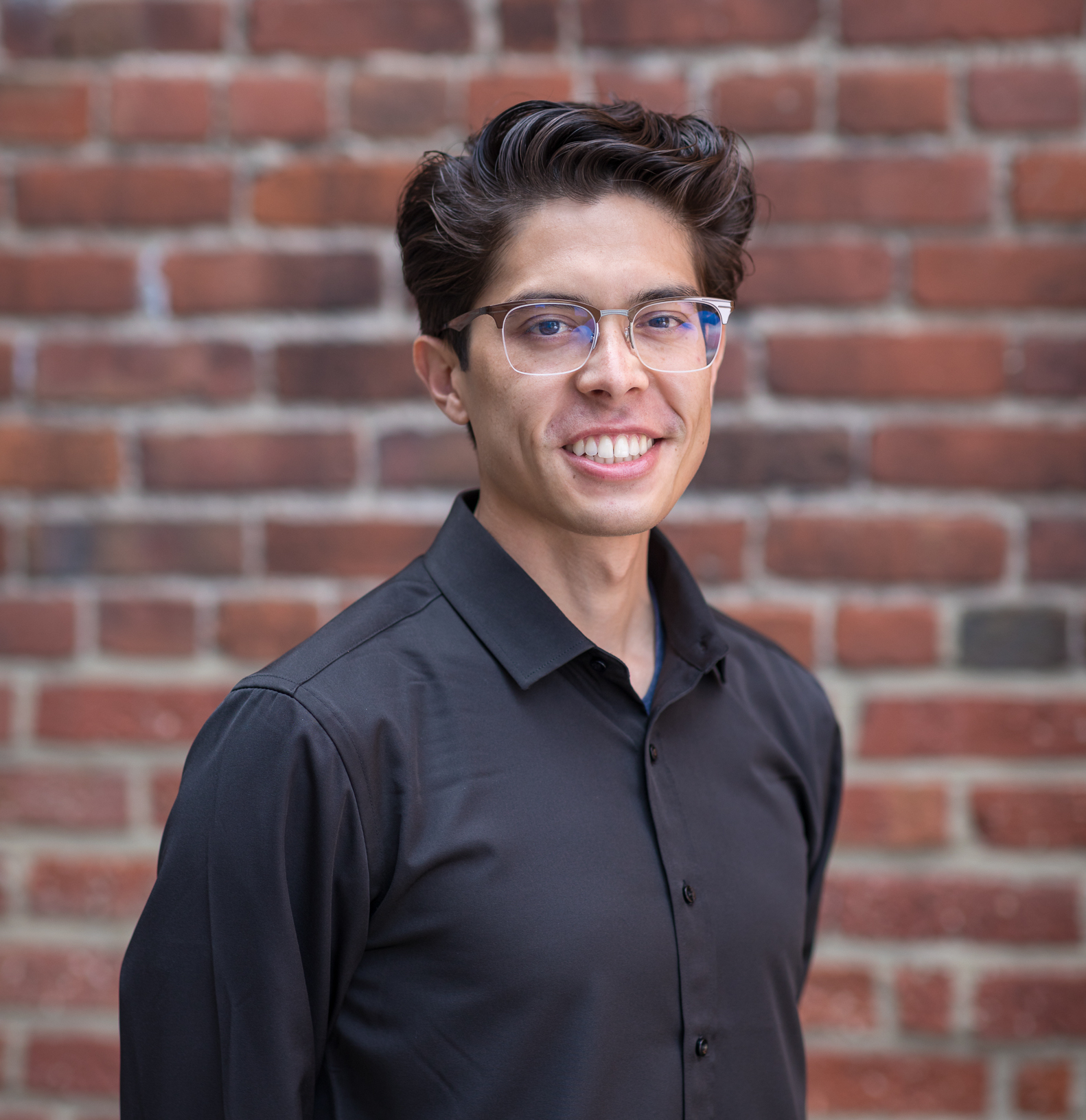
Mundy Reimer is the principal investigator of the Generative AI for Explainability project, and an R&D scientist at Leidos Dynetics, focusing on engineering AI solutions that address issues of explainability, interpretability, trust, and alignment. He conducts research on how generative AI architectures can be integrated with human-in-the-loop designs to augment our causal and counterfactual reasoning abilities.
As part of the Autonomy & AI branch at Leidos Dynetics, he applies his machine learning expertise to projects like the DARPA ACE program, and he possesses a solid scientific background across academia and industry, having applied his computational knowledge to fields as diverse as aerospace, genomics, and computational neuroscience. He is also a founding member of SEMF, an association devoted to multidisciplinary and fundamental research, where he studies the intersection of theoretical biology, formal grammars, and modal logic to answer questions about artificial life and abiogenesis.
He possesses a Master of Science degree in data science from the University of San Francisco, a Bachelor of Science degree in neuroscience and cellular biology from the University of California, Riverside, and is currently pursuing a Master of Science degree in mathematics at Emporia State University, with research interests on applications of knot and braid theory.
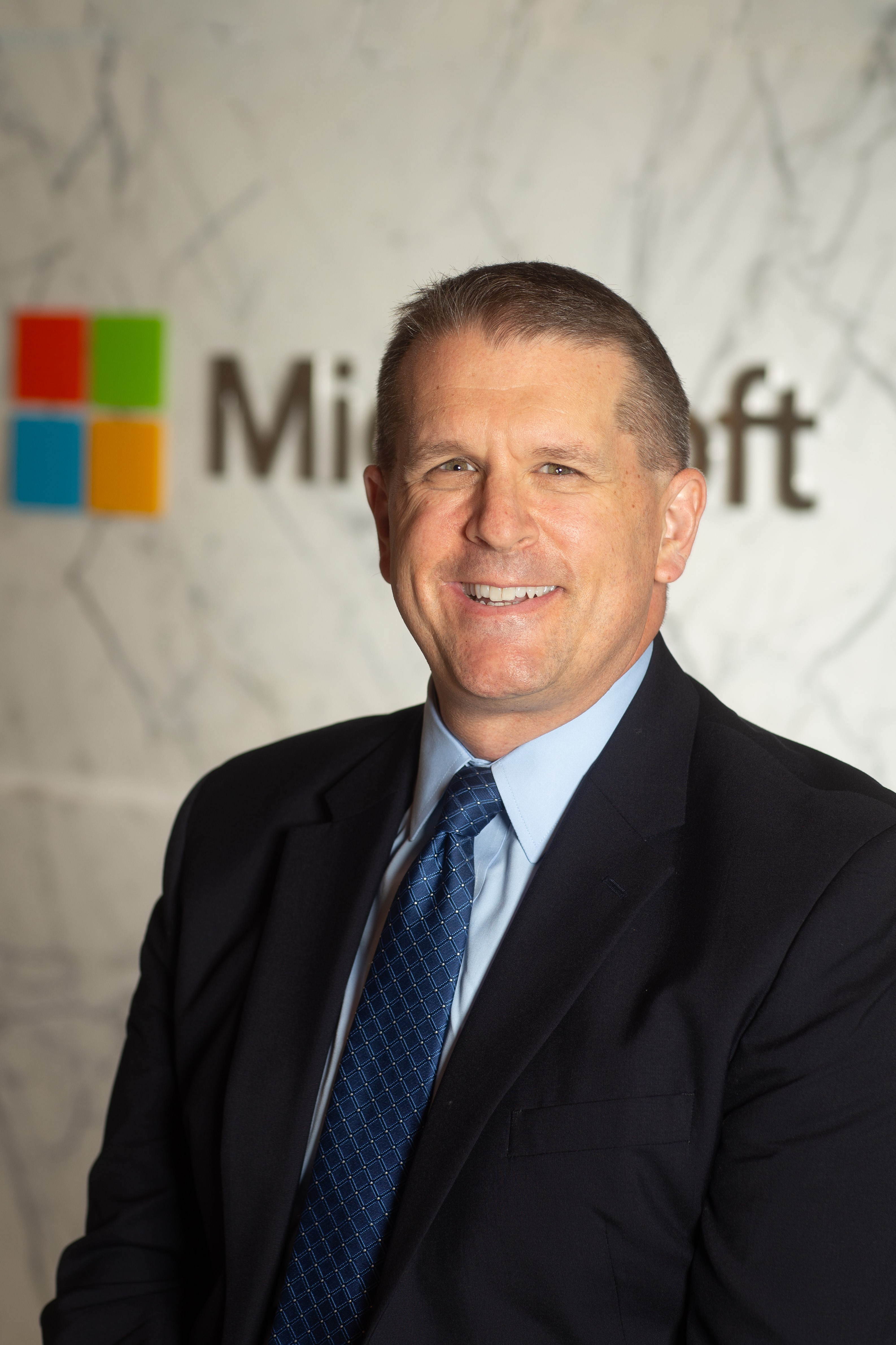 Mark Stewart, J.D., is a member of Microsoft’s U.S. Government Affairs National Security team. He focuses primarily on intelligence community matters, particularly the classified cloud and artificial intelligence. Prior to joining Microsoft, Mark served 22 years in the federal government and on Capitol Hill. He most recently served at the Central Intelligence Agency (CIA) as an associate general counsel, achieving the rank of Senior Intelligence Service Officer in 2018. His last assignment at CIA was deputy director of the Office of Congressional Affairs. Mark also served as the general counsel to the House Permanent Select Committee on Intelligence from 2017 to 2018. Before joining the CIA, Mark served as an associate general counsel for national security and military affairs in the U.S. Air Force Office of General Counsel at the Pentagon. He also served on active duty as a judge advocate in the U.S. Navy for nearly 8 years and spent a tour in the Navy as an intelligence operations counsel at the National Security Agency, Office of the General Counsel.
Mark Stewart, J.D., is a member of Microsoft’s U.S. Government Affairs National Security team. He focuses primarily on intelligence community matters, particularly the classified cloud and artificial intelligence. Prior to joining Microsoft, Mark served 22 years in the federal government and on Capitol Hill. He most recently served at the Central Intelligence Agency (CIA) as an associate general counsel, achieving the rank of Senior Intelligence Service Officer in 2018. His last assignment at CIA was deputy director of the Office of Congressional Affairs. Mark also served as the general counsel to the House Permanent Select Committee on Intelligence from 2017 to 2018. Before joining the CIA, Mark served as an associate general counsel for national security and military affairs in the U.S. Air Force Office of General Counsel at the Pentagon. He also served on active duty as a judge advocate in the U.S. Navy for nearly 8 years and spent a tour in the Navy as an intelligence operations counsel at the National Security Agency, Office of the General Counsel.
Mr. Stewart received his Juris Doctor degree from the University of Pacific, McGeorge School of Law, a Master of Arts degree in government from The Johns Hopkins University, an M.P.S. in strategic public relations from The George Washington University, and a Bachelor of Arts degree in political science from the University of California at Davis.
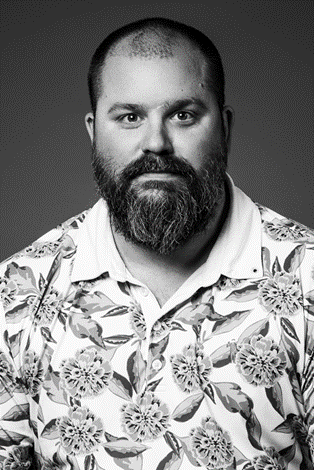 Tyler Sweatt is the chief executive officer of Second Front Systems (2F). He works with government and commercial customers to reduce barriers between commercial technology and defense and national security communities. His focus is on changing how global government agencies identify, engage, and vet commercial technology companies and how commercial technology companies deliver software to government users. He is also a technical advisor at Pallas Advisors, and a partner at the non-profit Silicon Valley Defense Group.
Tyler Sweatt is the chief executive officer of Second Front Systems (2F). He works with government and commercial customers to reduce barriers between commercial technology and defense and national security communities. His focus is on changing how global government agencies identify, engage, and vet commercial technology companies and how commercial technology companies deliver software to government users. He is also a technical advisor at Pallas Advisors, and a partner at the non-profit Silicon Valley Defense Group.
Previously, Mr. Sweatt served as the head of national security at CalypsoAI and founded and sold the technology advisory firm Future Tense. He also led the emerging technology and security practice at Toffler Associates, working with U.S. and international governments and corporations to build strategies for rapidly changing technology and security landscapes. A graduate of the United States Military Academy at West Point, Tyler is a former U.S. Army officer.